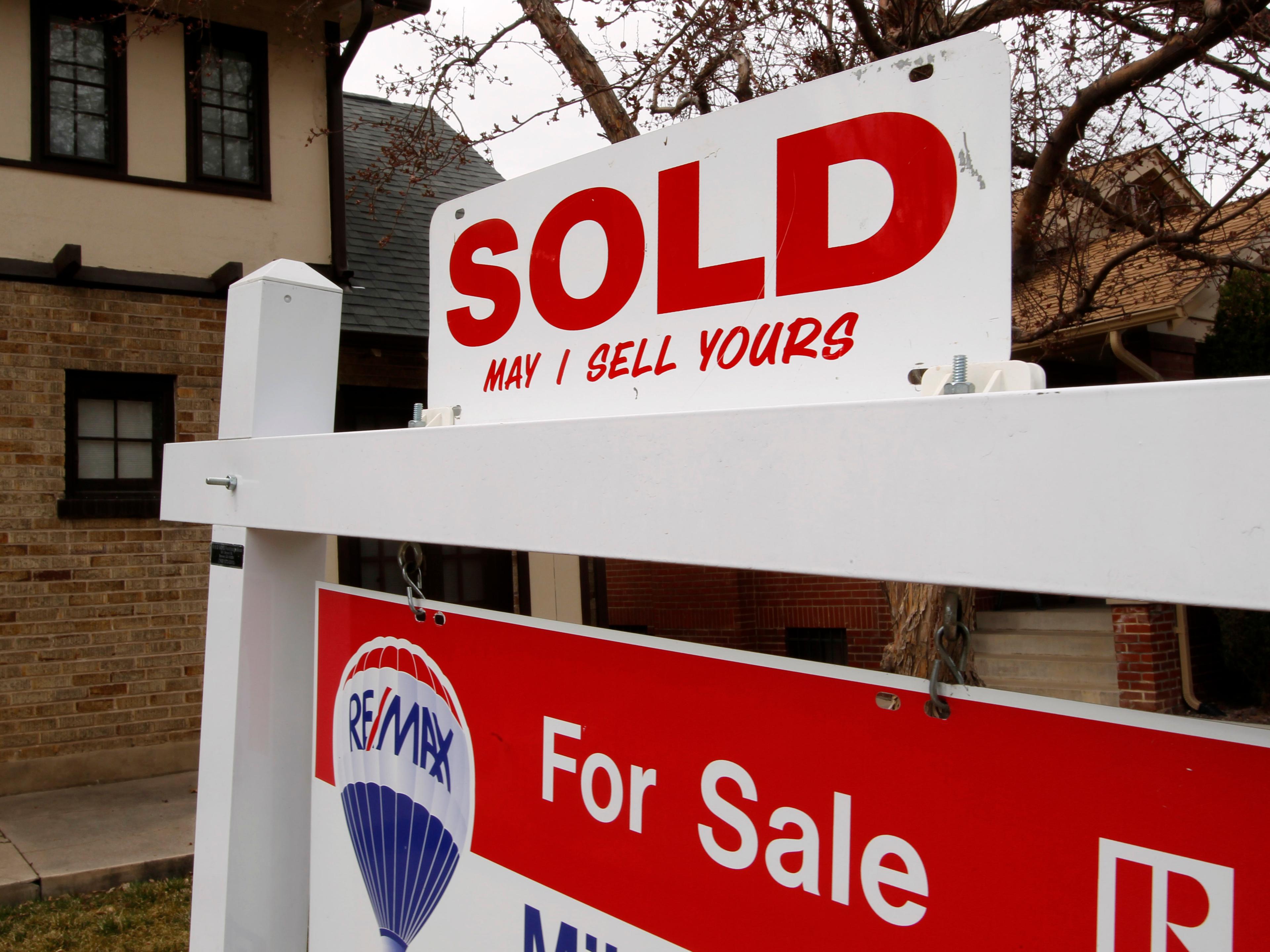
Julie Cohen, 60, of Denver had reached that stage where she needed to downsize from her home. Her kids had moved out, so she found an apartment building with a lot of other people around her age.
Then, younger people started moving in.
"I think [they] started discovering the lower rents," she says.
Because of demand, the rent went up $150 a month. Cohen left the building, moving into her friend's basement.
She says that had she stayed, about half her income would have gone toward housing. Others in her former building moved to the suburbs, and one started living with his ex-wife because he just couldn’t afford to live alone anymore.
Cohen isn't alone. Overall, renters in metro Denver are sending a larger chunk of their paychecks to landlords.
And potential homebuyers aren’t faring much better: Average costs are up more than $100,000 since 2009.
Denver Mayor Michael Hancock is making the issue a major part of his platform, committing more money in next year's budget to develop affordable housing, and creating a five-year plan for the city. He discussed the issue in a lengthy interview with "Colorado Matters" host Ryan Warner.
Hancock says addressing the issue is critical to Denver's identity.
"The vibrancy of this city is to be able to have a diversity of residents," Hancock says. "Having grown up in the city ... I have the audacity to believe that if you want to live in Denver you should be able to find a decent, affordable place to live."
Hancock's new plan includes a commitment to try to create a long-term, permanent revenue stream to create affordable housing in Denver, something advocates -- and the mayor's own housing task force -- have recommended.
This map shows affordable housing rental units in the city. Red areas don't contain any affordable units.
But Hancock says he's not sure where that money could come from. The city is considering repurposing fees its is already collecting, he says, or asking voters to approve a tax increase.
Once the city has analyzed its options, the mayor says, he'll take the question to the public. "Ask, really, is this important?" he says. "How important is it that we're willing to put resources behind it?"
Hancock says in the meantime, he's working on a number of partnerships with private developers and advocates, and committing money to incentivize affordable developments.
Past efforts have failed
The mayor's new plan is a reaction to past efforts that haven't been successful. For example, a requirement that new developments of for-sale homes include a certain percentage that are affordable. Called the inclusionary housing ordinance, it allows developers to pay a fee to opt out of the requirement. Hancock has said the pre-2014 IHO failed, in part because most developers paid the opt-out fee, and the city didn't effectively turn that money into new affordable units.
Hancock recently signed off on changes to the IHO championed by City Councilwoman Robin Kniech. The mayor says the new requirement will be more effective. He adds that his new budget, approved last week, sets aside more money for personnel to handle issues like the IHO.
But some developers say the IHO is a non-issue because very few condos are being built in metro Denver, regardless of their price. They have called for changes to the state's so-called construction defects law, which developers say leaves them vulnerable to lawsuits from buyers based on small imperfections in new buildings.
"This law has created a major chill across the [condo development] market in Denver," Hancock says.
Hancock supports changing the defects law against warnings from consumer advocates that changes could leave buyers vulnerable. Hancock thinks the state legislature will take action in the 2015 legislative session.
"I think it made some progress last session," Hancock says. "I think this is the year we will make some changes."
With regard to the broader plan, Hancock says it's a focused strategy to develop hundreds of new units each year.
"Not as many as we want to develop," he adds, "but it gives us a benchmark to say, we are making steady progress toward filling a gap of affordable housing in our city."
Ultimately, Hancock says, it comes back to his vision of the city, adding, "We don't want to ever be known as a city of just those who have."








